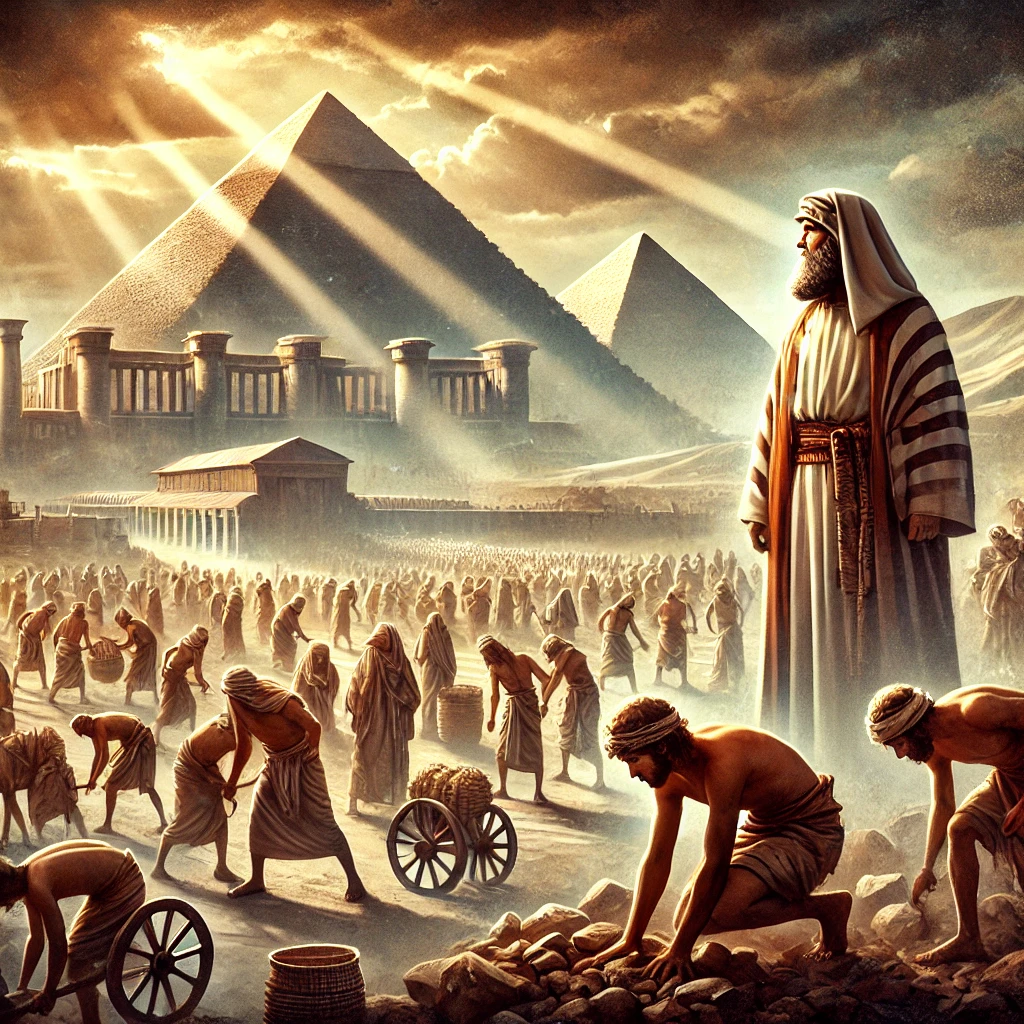
Throughout history, tyranny has often been seen as a tool of divine judgment. The Bible provides multiple instances where God allowed oppressive rulers to reign as a means of awakening His people from complacency and disobedience. This concept, though uncomfortable, aligns with the biblical principle that suffering often leads to spiritual renewal.
Biblical Precedents of Divine-Sanctioned Tyranny
One of the most striking examples is found in the story of Pharaoh in Egypt. The Israelites endured harsh slavery under his rule, yet their suffering led them to cry out to God. In response, God raised up Moses to deliver them, showing that even oppression can serve a higher purpose (Exodus 3:7-10). Similarly, the Babylonian captivity of Judah under King Nebuchadnezzar was a direct result of Israel’s rebellion against God. The prophet Jeremiah explicitly stated that God had given Nebuchadnezzar power as His instrument of judgment (Jeremiah 27:6).
The New Testament also reflects this idea. Jesus Himself acknowledged that earthly rulers derive their authority from God, even when they act unjustly (John 19:11). Paul further emphasized that governing authorities exist by God’s design, sometimes to discipline and correct His people (Romans 13:1-4).
The Purpose of Tyranny in God’s Plan
Why would a loving God allow His people to suffer under tyranny? The answer lies in the transformative power of hardship. When people grow comfortable, they often drift from faith and obedience. Tyranny shakes them from spiritual lethargy, forcing them to seek God with renewed fervor. The cycle of judgment, repentance, and restoration is a recurring theme in Scripture (Judges 2:16-19).
Moreover, history has demonstrated that oppression can lead to spiritual revival. The early church thrived under Roman persecution, as suffering purified believers and deepened their faith. Similarly, many modern revivals have arisen in nations where Christianity was suppressed.
Conclusion
While tyranny is never ideal, it is sometimes permitted by God as a wake-up call for His people. The biblical pattern shows that suffering can lead to repentance, revival, and ultimately, redemption. As Christians, rather than despair under unjust rulers, we should seek God’s purpose in adversity and trust that He is working all things for good (Romans 8:28).
Citations
- The Holy Bible, English Standard Version.
- Paul L. Maier, In the Fullness of Time: A Historian Looks at Christmas, Easter, and the Early Church (Grand Rapids, MI: Kregel, 1997), 156.
- N. T. Wright, Simply Christian: Why Christianity Makes Sense (New York: HarperOne, 2006), 134.




